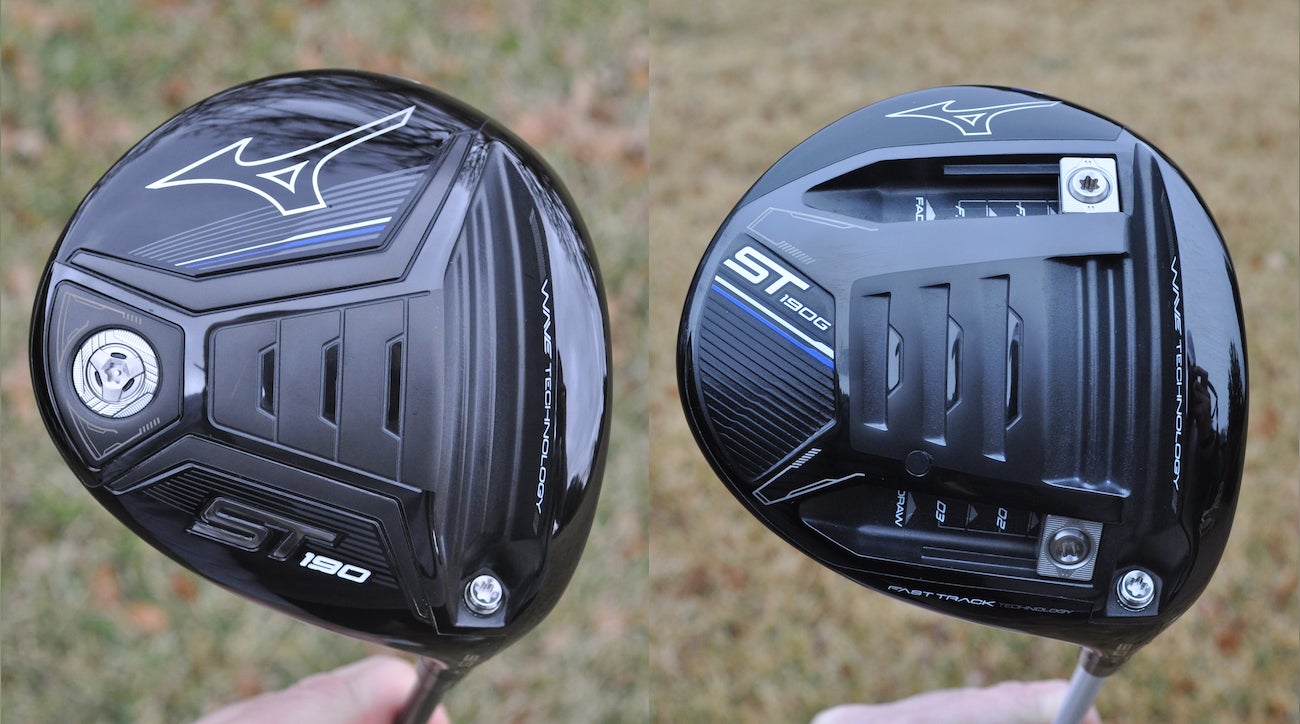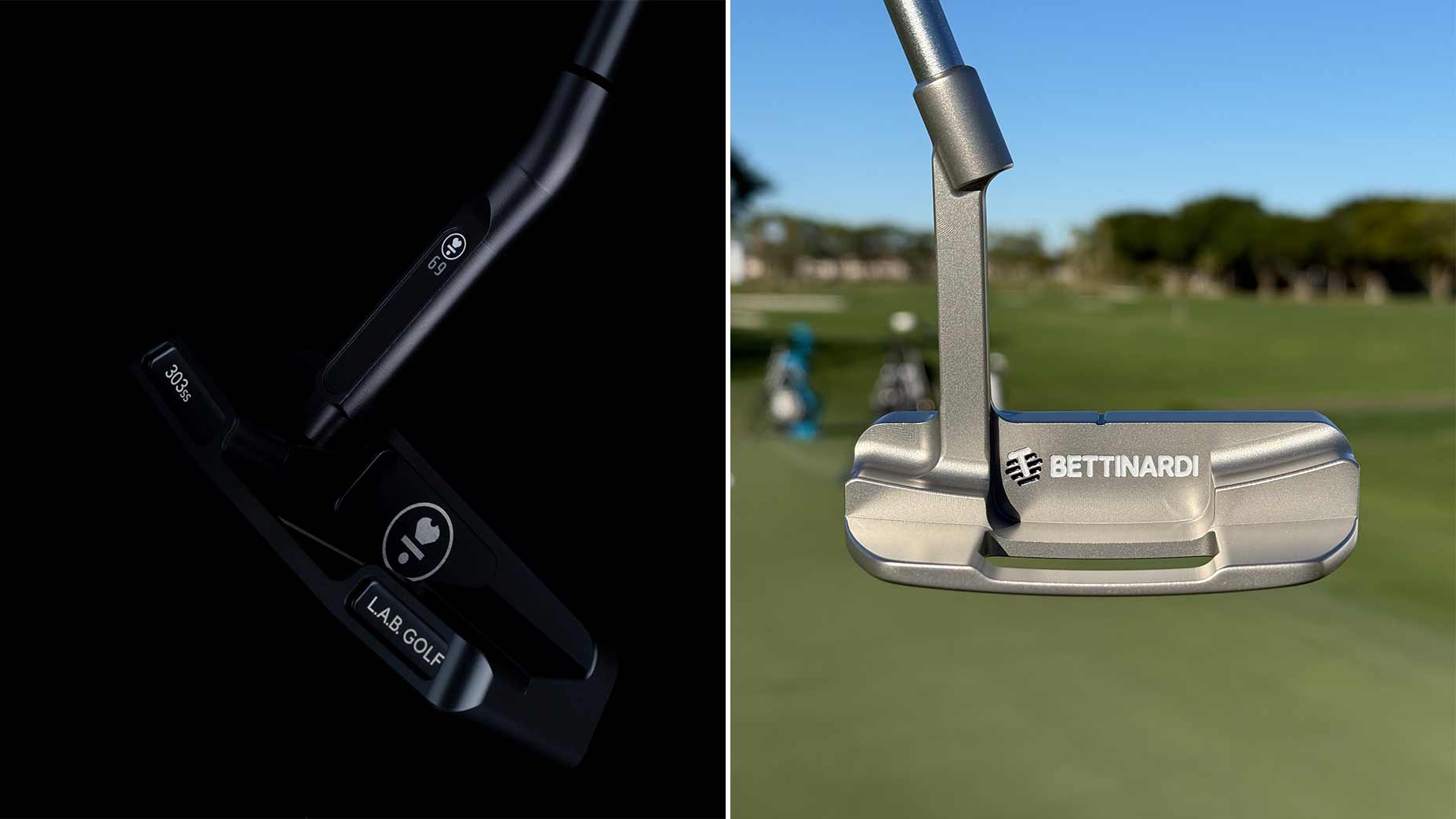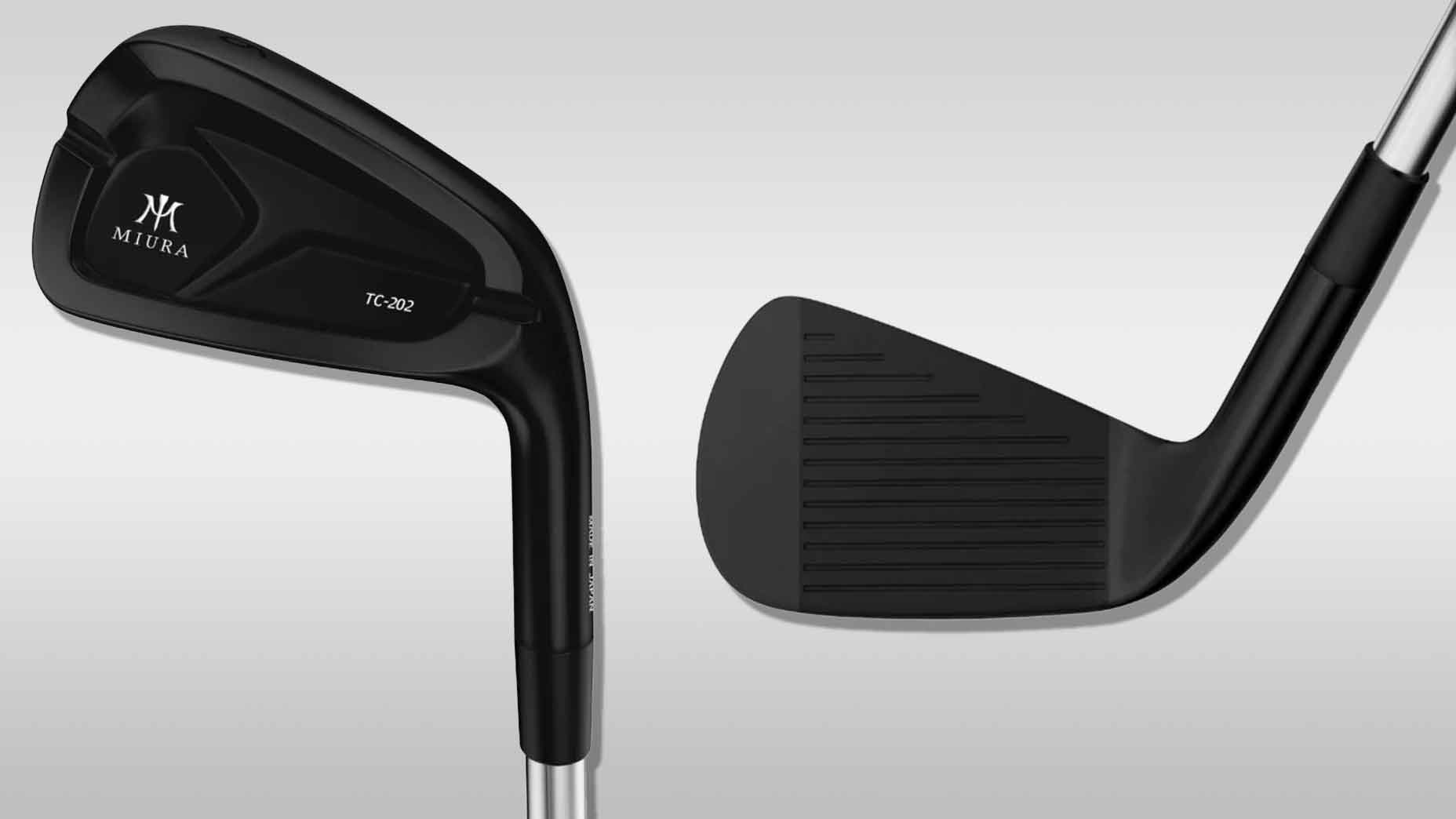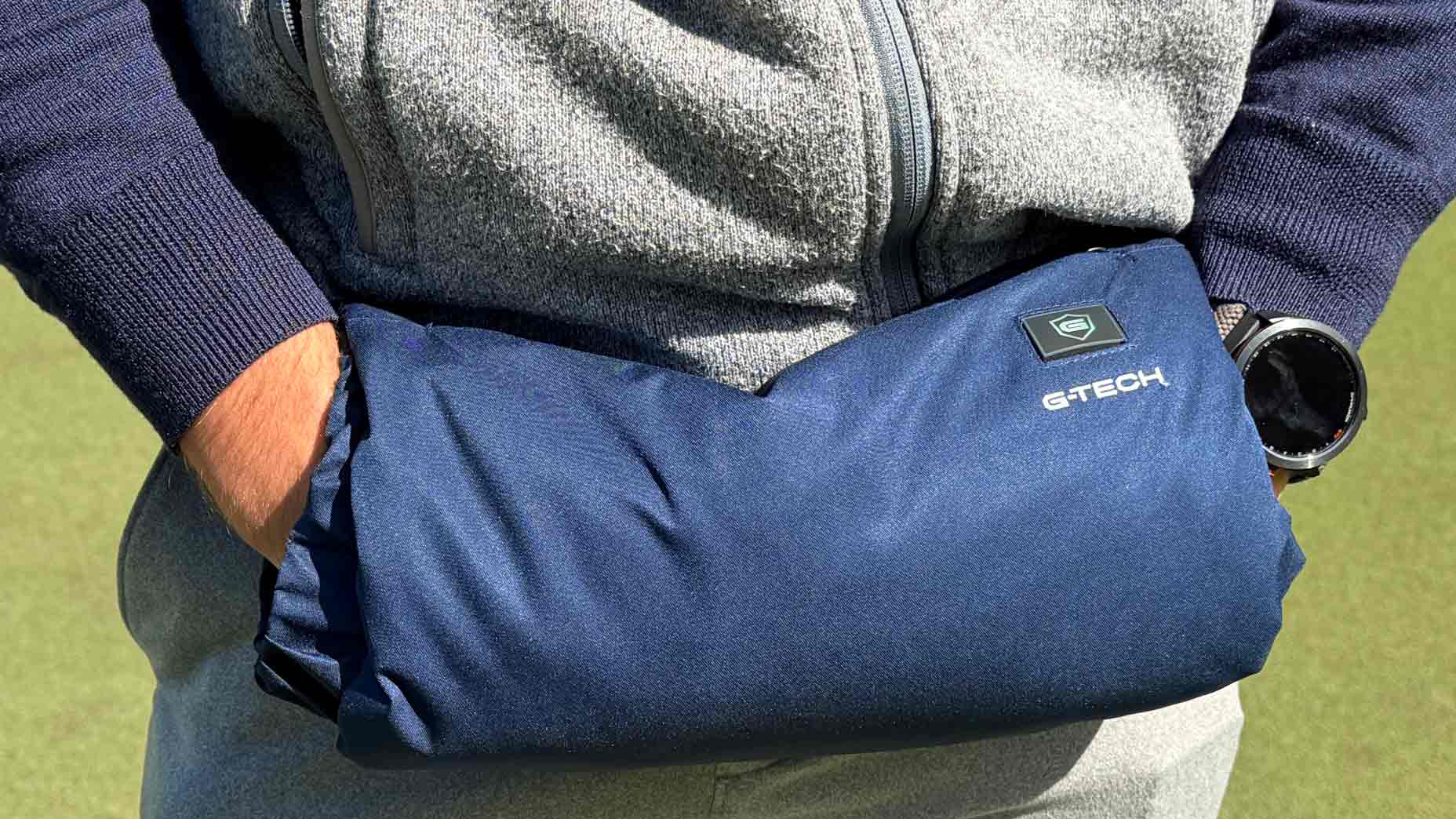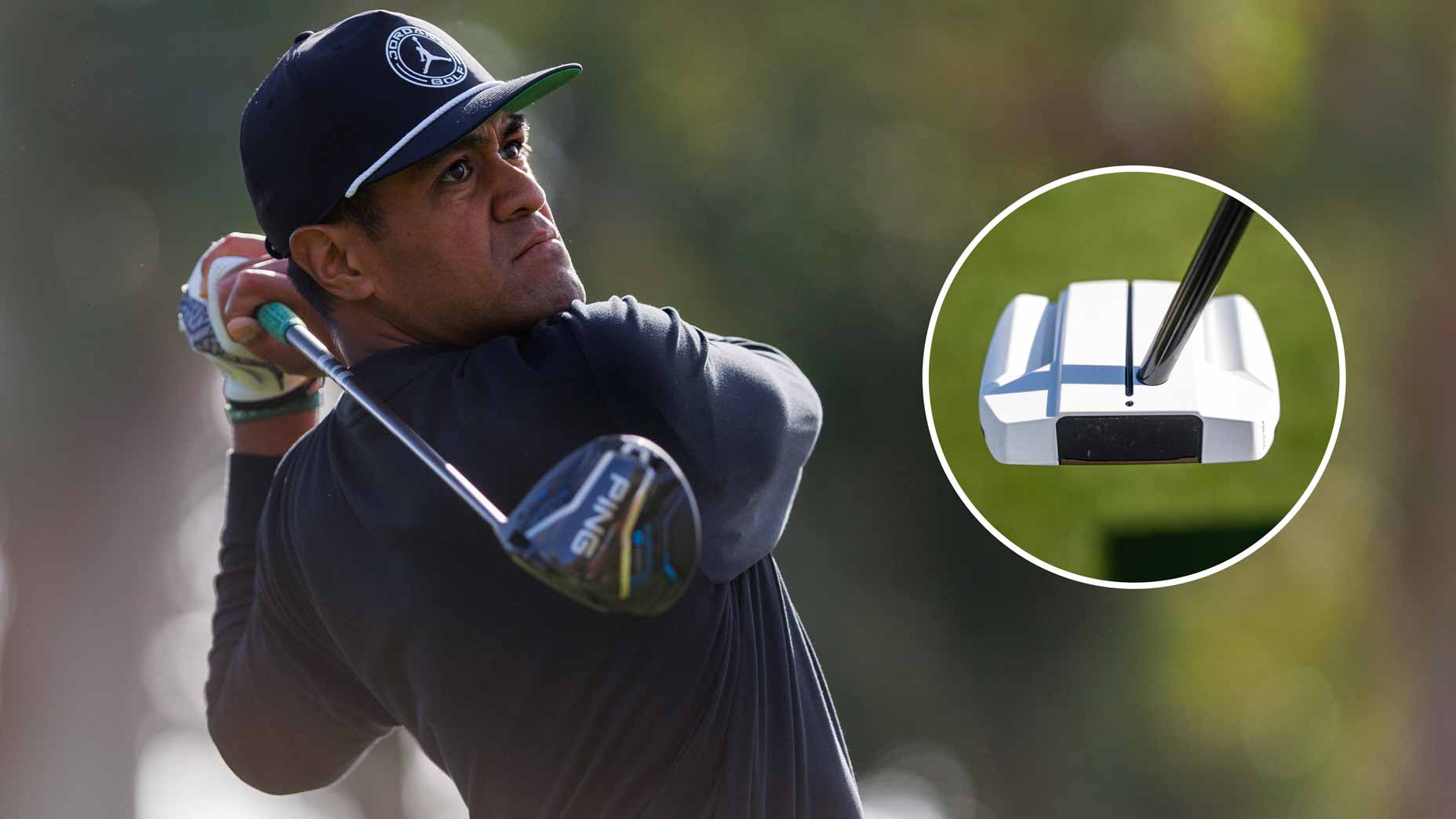Chris Voshall, Mizuno Golf’s brand manager, is the first to admit the company’s metalwoods have been a bit all over the place over the last decade.
“We’ve been inconsistent with who we are as a wood company,” Voshall says. “We’ve introduced some groundbreaking technology — like the sliding weight driver in 2008 — but we’d go from a very forgiving model back to MP and then JPX before going to MP again and then EZ. We were somewhat teasing ourselves that we could go from a player driver to then a game-improvement driver year on year. We just weren’t being consistent.”
To give the drivers and fairway woods the opportunity to breathe on their own, Mizuno broke up the metalwoods and irons in 2018 and introduced the speed-driven ST180 and adjustable GT180 — two models designed for very specific player preferences.
The new ST190 and ST190G are built on the same foundation as their predecessors, with every available gram saved going to improve the overall speed of the head.

Even tour players have started to take notice of Mizuno’s concerted effort to make speed a priority. Keith Mitchell ranked 7th on Tour in Strokes Gained: Off-the-tee and was merely doing Mizuno PGA Tour manager Jeff Cook a solid when he tested the driver last year. It didn’t take him long to realize ST190 had a place in the bag.
“Driving was my best category last year – I walked into testing to do [Jeff Cook] a favor, give him some numbers and leave,” Mitchell said. “It turned out to be the easiest change I’ve ever made – on the one club I never thought I would switch. The ST190 was faster, straighter and more forgiving than what I was playing. I’ve used it ever since and haven’t considered taking it out.”
Luke Donald followed Mitchell’s lead in his return to the course after a seven-month hiatus due to health reasons, adding the adjustable ST190G at the QBE Shootout.
“We’re building a solid foundation for our metalwoods,” Voshall said. “Speed is very important. But unlike a lot of our competitors out there who point to one particular piece of technology that makes their club great, we believe it’s the sum of all these things working together in harmony that make the club.”
Mizuno ST190 and ST190G drivers
Both drivers boast a beta-rich, forged SP700 Ti face that’s 10 percent stronger than 6-4 titanium with a lighter Cortech structure for higher ball speeds. According to Voshall, the speed comes from the finer grain structure in the SP700 material that allows the face to recover from deformation quicker after impact, increasing the trampoline effect; internal ribs were also added just behind the face to improve overall sound.
A new 12-gram carbon composite crown yielded seven grams of discretionary weight that was repositioned within the head for ball speed purposes and a reduction in spin rate.
Additionally, a heavily amplified wave configuration — called Amplified Wave Sole — was added to the sole in an effort to expand the COR (coefficient of restitution) across the entire face to reduce the potential for “off-center performance drop-off.”

Built strictly for speed and forgiveness, ST190 (Speed Technology) offers mid to low spin characteristics with a fixed six-gram backweight that adds, according to Mizuno, 300 gram cm2 MOI for added stability on off-center strikes. With its only form of adjustability coming from the hosel, the driver is touted as a “ball speed machine” with ample forgiveness.
The ST190G has the same speed characteristics as ST190 with a dual Fast Track system in the sole housing two seven-gram weights. The adjustable weights reduce spin by an additional 200 RPMs and can be placed in one track for a significant fade or draw bias, if needed.
Mizuno’s ST190 ($400; 9.5 and 10.5 degrees) and ST190G ($500; 9 degrees) will be available in February with a loft sleeve that’s adjustable by two degrees in either direction. New stock shaft offerings for this year include Fujikura’s Atmos Blue 5S, Atmos Red 5R, Atmos Red 5R2, Atmos Red 6R and Atmos Black TS 6S.
Mizuno ST190 and ST190 TS fairway woods
Ball speed remains the priority with Mizuno’s ST190 and ST190 TS fairway woods, which feature an HT1770 Maraging steel face insert that allows the deeper clubface to flex more like a driver for added ball speed. A carbon composite crown saved four grams from the structure, with the weight positioned low within the clubhead to deliver low spin with a high launch.
The Amplified Wave Soleplate on the fairway wood was created with a larger first wave to “balance between stability and sweet spot height,” providing efficient off-center forgiveness without excess backspin.
Fixed and adjustable hosel options are included in the new lineup. The standard ST190 has a fixed hosel that comes in 15- and 18-degree options. The strong-lofted ST190 TS (Tour Spoon) has an adjustable hosel with a range from 13 to 17 degrees.
Mizuno’s ST190 ($250; 15 and 18 degrees) and ST190 TS ($300; 13-17 degrees) will be available at retail in February and come with a range of stock shaft offerings, including Fujikura’s Atmos Blue 6R, Atmos Red 6S, Atmos Red 6R and Atmos Black TS 7S.


